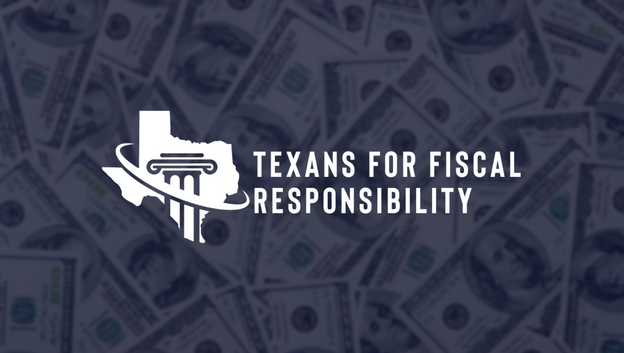
Late Thursday, Republican State Rep. J.M. Lozano (Kingsville) filed House Bill 2421 seeking to revive the largest corporate welfare program in Texas. The Chapter 313 tax abatement program, as a part of the Texas Economic Development Act, expired on December 31st of last year, as lawmakers chose not to renew the program in the last legislative session.
Lozano’s proposed legislation appears to strictly revive the program with no changes.
His Own Political Party Is Opposed to It
Lozano, who is elected with the Republican moniker, filed this legislation despite his own party’s explicit opposition to it.
Plank 94 of the Republican Party of Texas platform reads:
94. Property Tax Abatements: We support repealing Tax Code Chapter 312 county and municipal property tax abatements, and we oppose reintroducing school property tax abatements, formerly known as Chapter 313.
Republican Party of Texas 2022 Platform
Texas House Speaker Dade Phelan (R-Beaumont) hinted multiple times last year that Republican-elected leadership in the lower chamber had been working on a revival. It is unclear as to whether Lozano’s legislation qualifies, since many lawmakers had expressed distinct opposition to the previous inclusion of so-called “renewable” energy, and Lozano’s legislation includes so-called “renewables” as those who would continue to receive the exemption.
Moreover, even the other political party represented in the Texas Legislature is opposed to such a thing. The Texas Democrat Party’s platform supports policies that “prohibit ‘corporate welfare’ incentives that pit states and communities against each other.”
With both of the political parties within the state Legislature against such a policy, whose interests are really at the heart of this program?
Studies Indicate Texas Does Not Need to Engage in the Practice
A 2018 study of the research literature on the effects of state and local incentives estimated that at least 75% of businesses that received incentives in the U.S. would have still opted to relocate without them.
A 2017 study of more than 80 Chapter 313 abatement recipients found that only about 15% of businesses that received such incentives would have located elsewhere without them. This tells us that the vast majority of businesses are moving to Texas not because of freebies stolen from taxpayers, but rather because of our independent culture and comparatively low-regulation business environment.
We do not need more corporate welfare.
An Affront to Taxpayers
Texans for Fiscal Responsibility’s position is that abatements allow large corporations and those with political influence to temporarily exempt a portion of their property’s value from taxation—a privilege not granted to Texas homeowners or the vast majority of businesses. This has become an attractive option for giant corporations seeking temporary relief from Texas’ oppressive property tax rates.
Taxpayers should not be stuck with increased tax bills in order to carry the burden of well-connected businesses. Instead, they should demand the Texas Legislature let these programs expire and encourage local governments to compete for business by cutting taxes and bureaucratic red tape to foster an environment of free enterprise, rather than picking winners and losers.
Concerned taxpayers can contact their lawmakers here.
Texans for Fiscal Responsibility relies on the support of private donors across the Lone Star State in order to promote fiscal responsibility and pro-taxpayer government in Texas. Please consider supporting our efforts! Thank you!
Get The Fiscal Note! Our free weekly roll-up on all the current events that could impact your wallet. Subscribe today!




